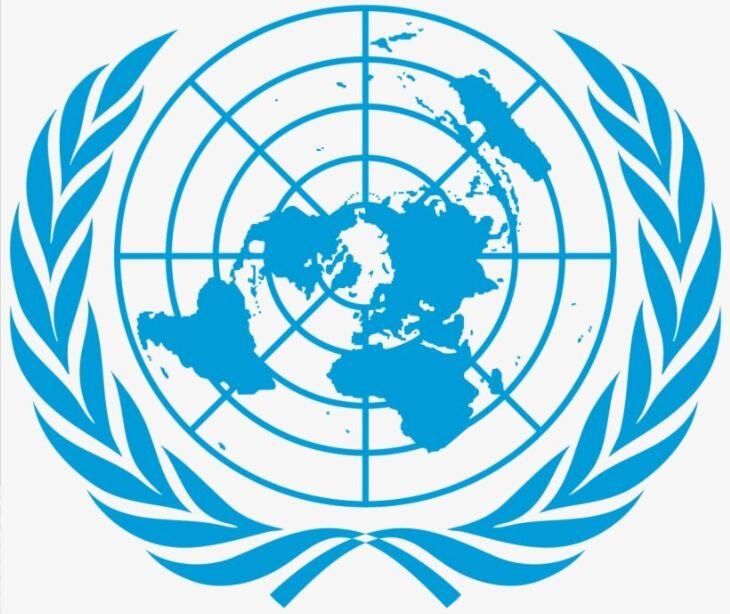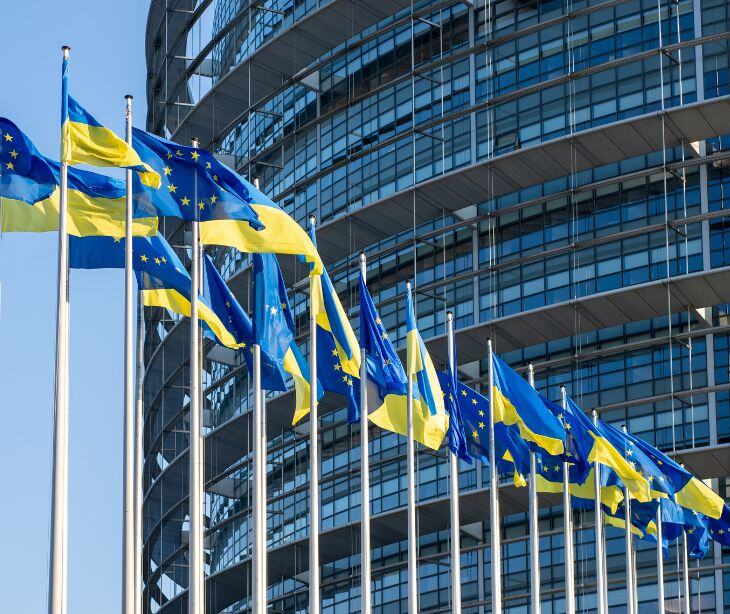
The UN Security Council (UNSC) reportedly recently held an Arria-formula meeting, organized by South Korea and co-hosted by Japan and the US. The meeting focused on the evolving cyber threat landscape and its implications for international peace and security.
What happened
The meeting, held on April 4, 2024, included technical briefings and interventions from over 30 delegations. According to its concept note, the session aimed to raise awareness about cyber issues, understand cybercrime in the context of international peace and recommend ways to enhance the Council’s role in addressing these threats.
The backstory
This meeting follows previous UNSC discussions on cyber security, including the first high-level open debate on the topic convened by Estonia in 2021. The Council has increasingly addressed cyber peace and security in informal settings since 2016.
Going deeper
The main threats discussed included:
- Cryptocurrency and quantum computing
- Ransomware and commercially available intrusion tools
- Cyber terrorism and irresponsible AI use. Several delegations expressed concerns about the humanitarian impact of cyberattacks on civilian infrastructure, with Costa Rica highlighting the need for a universal legal standard under international humanitarian law (IHL) to protect against such threats.
What was said
UNODA Deputy Director Adedeji Ebo spoke on the need for the Council to raise awareness of responsible state behavior in cyberspace and promote accountability for malicious activities. The UNIDIR Director Robin Geiss suggested the Council could convene annual discussions on ICT threats and integrate the topic within existing Council issues. ROK focussed on the gray area between cybercrime and cybersecurity, suggesting the UNSC address these threats as part of its primary mandate.
In the know
DPRK's use of cyber capabilities for illicit trade and WMD proliferation poses a significant threat to the UNSC's mandate. The isolation of DPRK from the global financial system has driven it to resort to cybercrime. That challenges the efficacy of the current sanctions regime.
Why it matters
Addressing cybersecurity and cybercrime at the UNSC is significant as these threats have widespread impacts on international peace and security. Effective Council engagement can help mitigate these threats, reinforcing international law and norms while supporting national security.
The bottom line
As cybersecurity threats evolve, the UNSC must develop a clear value proposition and unique role in addressing these issues. Continued engagement and constructive dialogue are essential to enhancing the Council's ability to respond to cyber threats and uphold international peace and security.
FAQs
What is the primary function of the UN Security Council?
The primary function of the UN Security Council is to maintain international peace and security, addressing conflicts and threats through resolutions, sanctions, and peacekeeping missions.
What are some common types of cyber threats?
Common cyber threats include malware, phishing, ransomware, denial-of-service attacks, and advanced persistent threats targeting government and private sector networks.
Related: New report reveals increasing cyber threats in healthcare
Why is international cooperation important in combating cyber threats?
Cyber threats are borderless, which requires international cooperation for sharing intelligence, coordinating responses, and establishing global standards and norms for cybersecurity.
Subscribe to Paubox Weekly
Every Friday we'll bring you the most important news from Paubox. Our aim is to make you smarter, faster.



